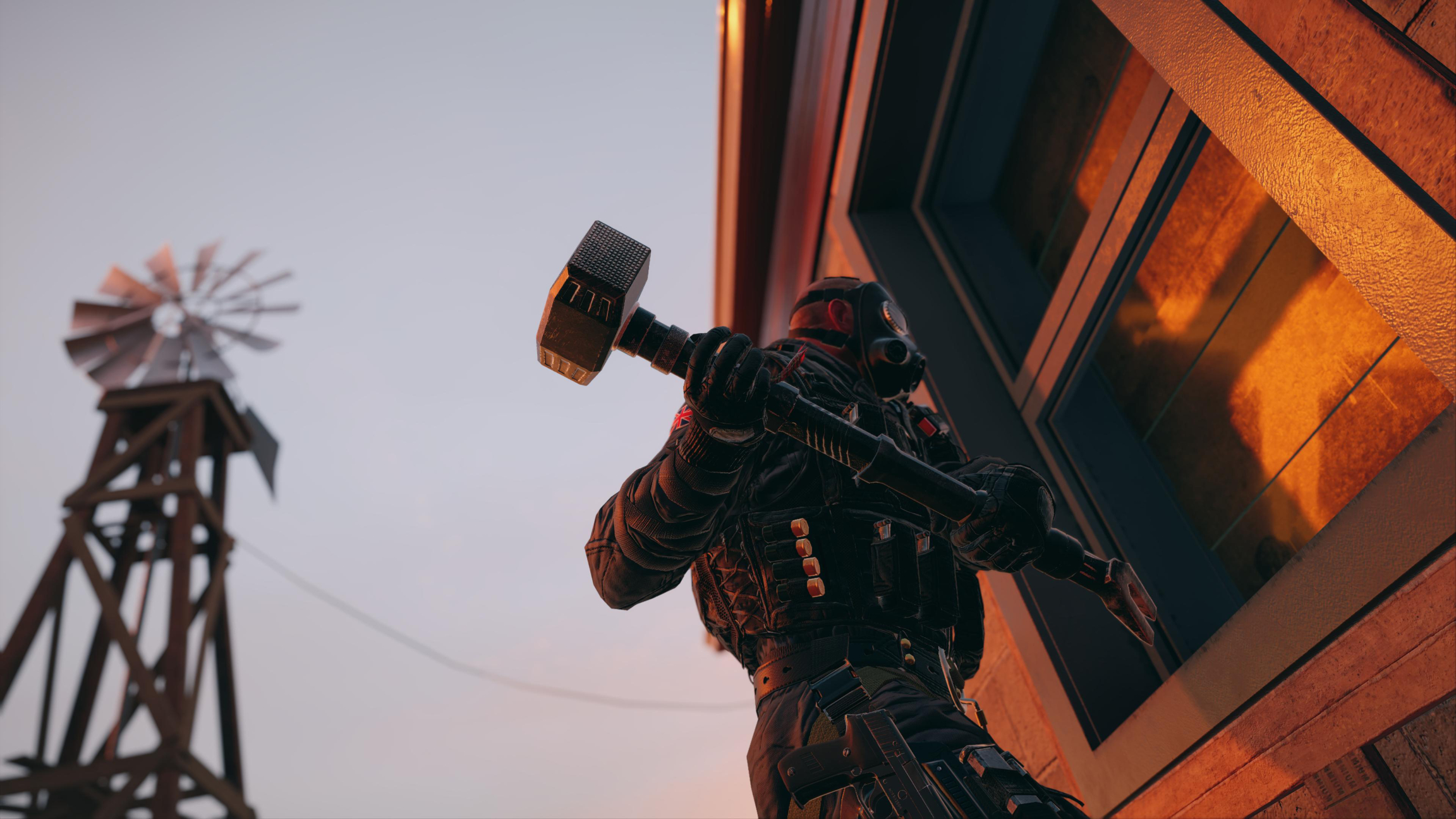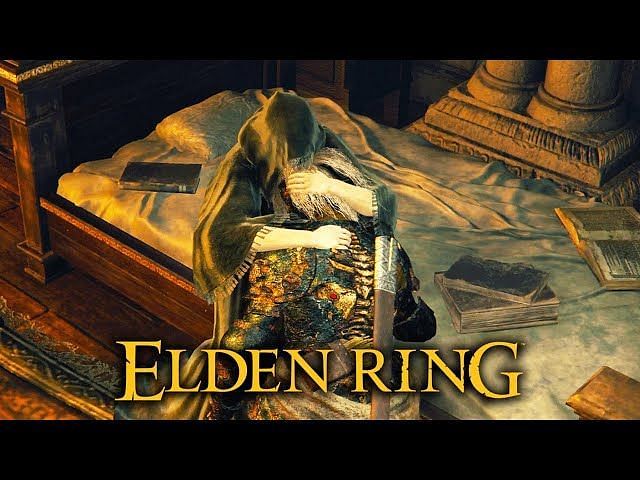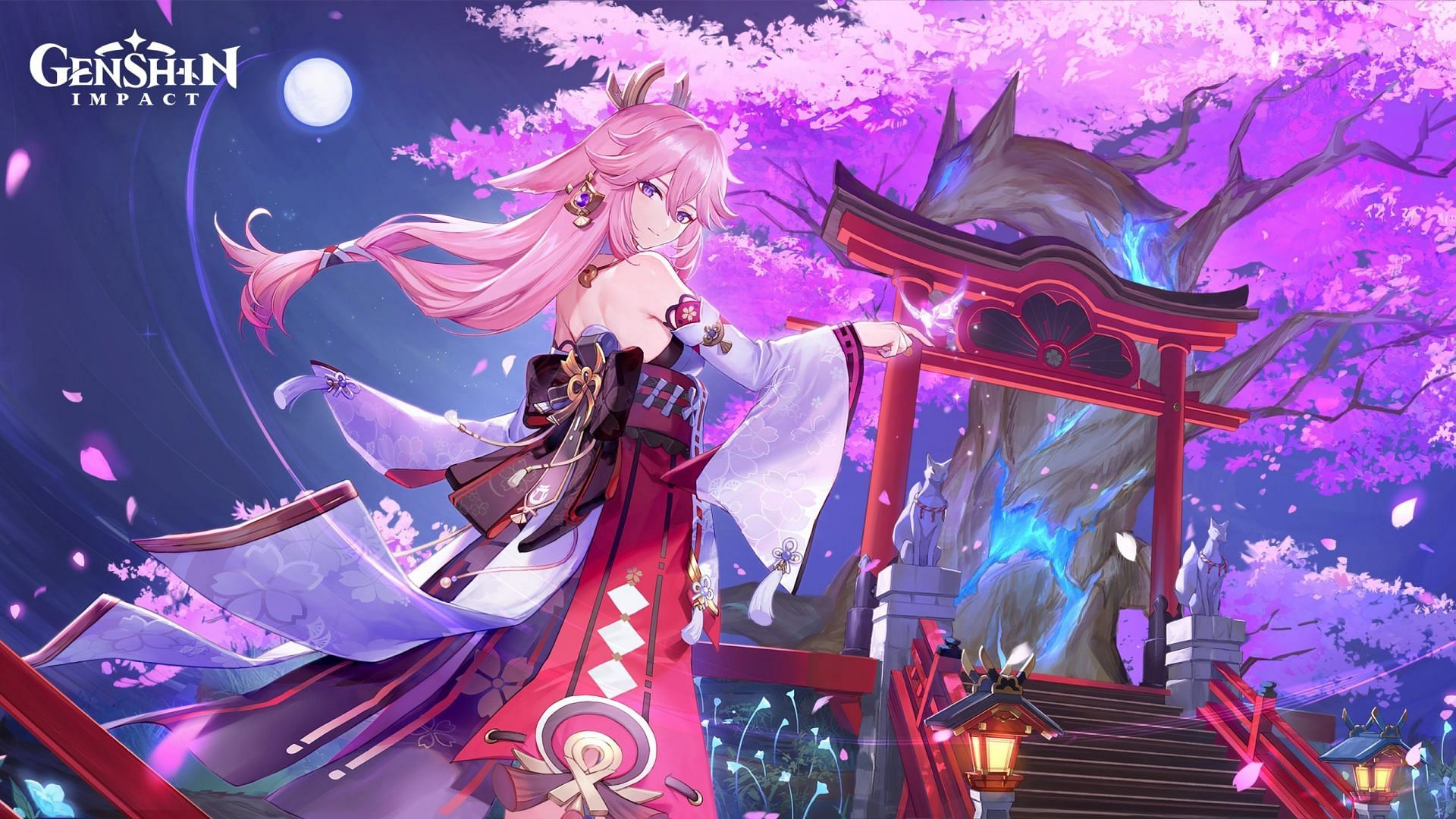- Business
Reggie Fils-Aimé speaks on escalating contractor labor rights reports against Nintendo of America
“All I can say is that is not at all the culture that I left as I retired from Nintendo.”
Nintendo is in the middle of dealing with an escalating situation regarding current and former contractors who have worked with the company speaking out about the company’s tendency to treat contractors like “second class workers.” This also includes one contractor who was allegedly fired mid-contract filing a lawsuit against Nintendo of America (NoA) for violating workers’ rights in regard to unionizing.
This news dragged Nintendo into the same conversation as several other companies dealing with similar lawsuits or employee responses, like Amazon or Activision Blizzard. But according to former NoA president Reggie Fils-Aimé, this isn’t the Nintendo he left behind when he retired in April 2019.
During a press tour for his new book, Disrupting the Game: From the Bronx to the Top of Nintendo, Fils-Aimé spoke to several news outlets about the incidents being talked about, saying he didn’t recognize the company named in them.
“While I was at Nintendo, we routinely had meetings at events where our associates, that’s how we referred to our contract employees, were invited,” Fils-Aimé told The Washington Post. “It’s just a small example. I was famous for doing bi-monthly and quarterly lunches with employees. It was a basic sign-up, and associates were invited as much as full-time employees.”
Earlier today in a new report, IGN reported on even more stories from former contractors and full-time employees, with almost all of them pointing to NoA becoming more “heavy-handed and restrictive” across multiple departments.
Across multiple reports from the last several weeks, most stories talk about Nintendo dangling potential “red badge,” or full-time position, opportunities in front of its contractors despite very rarely hiring new employees in those areas. IGN specifically notes that in an area of demand like localization writers and editors, Nintendo has relied almost entirely on contractors to beef up its teams over the last three years, with reportedly no full-time hires being made in those areas during that period.
“It’s just like throwing bodies at things,” an anonymous source told IGN. “It just seemed like the full-time staff was almost drowning all the time. They didn’t hire enough full-time people, so full-time people just ended up managing more and more contractors, getting more and more bogged down, and there was this bottleneck… That’s how contractors end up training each other, because the full-time staff is just buried.”
Many of the other reports include talks of how with limited access to NoA facilities, the company fails to treat contract workers on the same level as full-time employees even when taking into account similar workloads, and the only real benefit being “the privilege of working for Nintendo.”
This flawed structure reportedly goes from contractors being excluded from nearly every company activity and initiative to something as drastic as having to fight to be allowed to walk with NoA during an annual Pride parade.
This is something Fils-Aimé opposed during his time with NoA since he worked to develop “the next group of leaders” internally within the company, judging his legacy based on growing the culture of the company by promoting people who worked with Nintendo.
“At this point I’m three years retired from Nintendo of America, and I can’t comment on what’s going on today within the company. What I can say is that while I was there, we routinely hired [contract employees] in as permanent employees. We did it repeatedly,” Fils-Aimé told IGN. “And interestingly, if you look at a number of well-known personalities within Nintendo of America, a lot of them started as contract employees 10, 15, or 20 years ago. So it’s always been a positive part of the culture to recruit in the very best of the contract employees into the company. So I’ve read the same stories, this division between contract and full-time employee. All I can say is that is not at all the culture that I left as I retired from Nintendo.”















